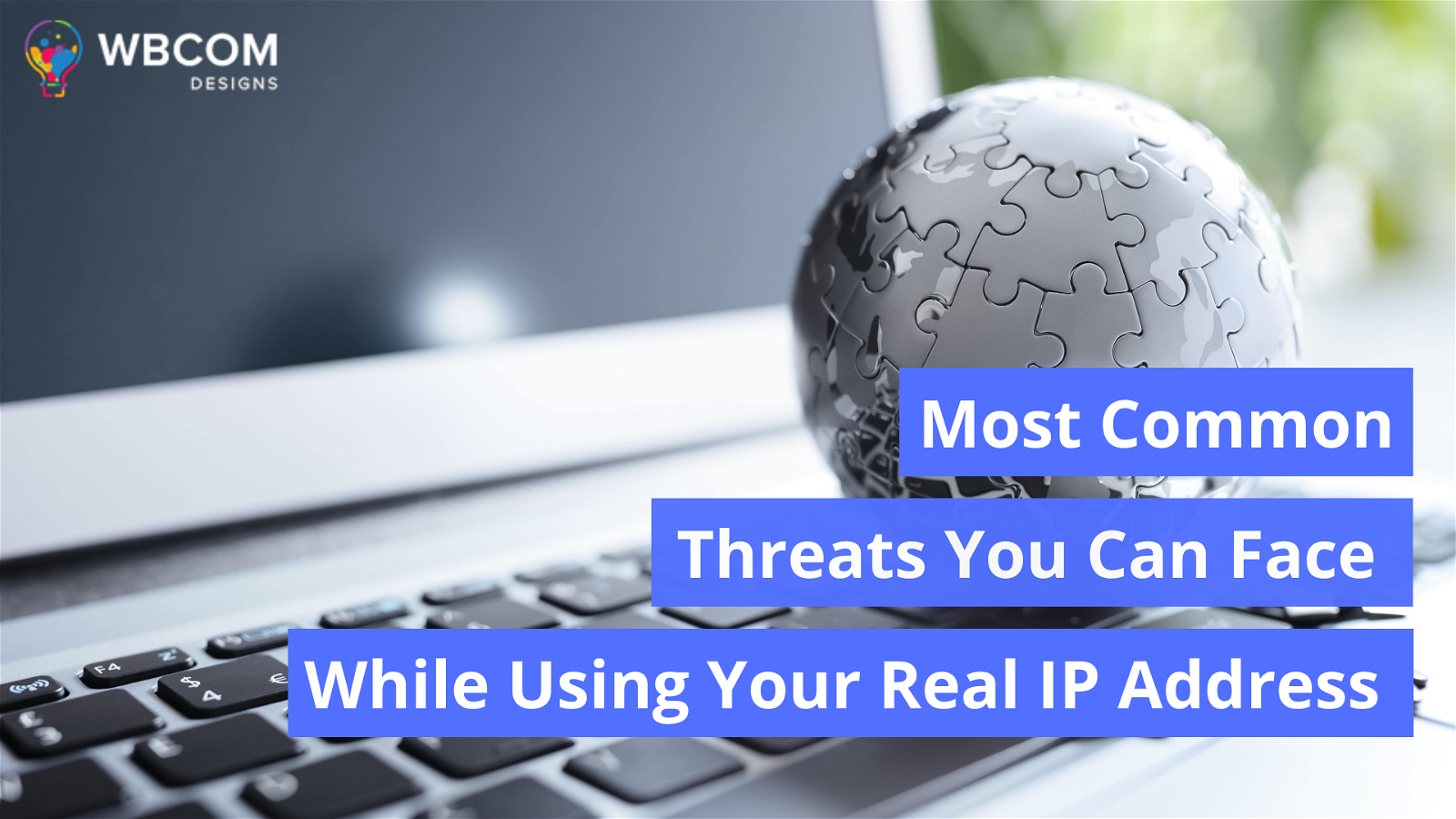Table of Contents
ToggleIntroduction
The Internet is one of the most uncontrollable and unmanageable spheres of our daily life. Most users do not even have the faintest idea of all the threats they can face when simply scrolling internet sites. We all are aware of possible dangers we can encounter during a night walk through unlit backstreets, but we never think of the dangers that await us on websites and social networks. Let’s make things straight: what does your IP address show, and what dangers can a general user be exposed to?

What is an IP Address?
It is a unique identifier of a device connected to a local network or the Internet. This identifier holds information about your location, ISP, and all data stored on your device. The Internet can’t operate without IPs since they distinguish internet websites, networks, and devices. Your device holds both external (public) and internal (private) IP addresses: the external one identifies your router; the internal one reveals a specific device connected to your router.
How can someone find my IP Address?
There are many ways for scammers to get your data, not to mention that each website you visit “knows” your IP address as well as your geolocation and ISP. Having this information, it’s not a big deal to hack a computer and get full control over the device.
Here are the most spread ways for someone to track your IP address:
- By browsing your device
- From an email
- Following a link
- By cracking your router
- From a web server
- Hitting on an ad
- Visiting online forums
- Connecting to a hotspot
- On social networks
10 Most Common Threats
What can someone do with your IP address? The list of the most common threats each of us can face when browsing the Internet.

Personalized spam
To spur the advertising company, some advertisers (and we should say, the number of such wise heads tends to increase) embed tracking programs in online articles. These trackers record your online activities and send you targeted ads based on your browsing.
Geolocation identification
The IP address indicates the country, region, and even the city of your location. This information is enough for someone to poke around and find your actual place of living. Many home invaders use it to find empty houses and ransack them, so take care of your home security before you leave.
Disclosure of data
Thieves look for PII (personally identifiable information) that can be found with your IP address. Thieves use a phishing attack to make ISP turn over everything they have about you. The best way to protect your PII is to use proxy servers.
Access ban
Due to government policy or other reasons, online services can restrict your country or region’s access to their services. Some platforms even limit viewing of local content to a particular region; other companies charge different rates depending on the location. One of the ways out is to install a VPN or proxy to change your location to a needed one.
Restrictions in gaming
Administrators help users during the game process, check the platform for any errors, and ban gamers in cases of violating rules. Unfortunately, not all administrators are conscientious: they can ban successful players to stay on top of the match. In some cases, your account can end up on a blacklist of the entire site.
DoS/DDoS attacks
Having your IP, intruders can execute a DoS attack against you. Such attacks prevent you from accessing all network resources: social network accounts, emails, websites, etc. Once hacked, your device becomes overburdened with requests that make it impossible to access websites. DDoS attacks work similarly except using several machines to make the traffic more intense. There are many reasons to use a proxy or a VPN, and blocking DDoS attacks is one of those.
Framing in crimes
Skilled hackers can hack your IP address, route their activity through it, and frame you in all violations, scams, and frauds they performed as if on your behalf.
Selling your IP
Besides framing, hackers can steal your IP and sell it on the dark web. The outcome can be much similar to those from the previous point.
Tracking activity
Many employers practice tracking personnel’s online activity. Though it may not be technically illegal, it’s still an invasion of your privacy that is not desirable.
Copyright infringement
Some countries have strict laws concerning copyright regulations. If you are caught violating copyright, the law enforcement agency can apply to your ISP and demand your name and place of living.
How to Avoid these Threats
Change privacy settings
For protection purposes, turn the setting on all your devices to a “private” mode and ignore all messages and calls from unknown people. Attackers can easily get your data via different messengers.
Update your router and firewall
Remember to regularly update the password on your router to prevent remote hacking of your devices. Make sure you use a lengthy combination of numbers, special characters, and letters of an upper and lower class.
Use VPN or proxy
VPN, as well as a proxy, will safeguard your data from hackers and criminals. By masking your IP address with a proxy or VPN, you don’t allow websites to monitor your browsing history and log data about your location and your device.
Conclusion
Be careful when surfing the Internet. Avoid suspicious links, try to minimize your visiting unreliable websites, and ignore ads. To protect yourself from hacks, use VPN or proxy servers and change all your settings to a “private” mode. And, of course, remember all the threats you can face when browsing.
Interesting Reads:
All about WP Advanced Google Maps Plugin







